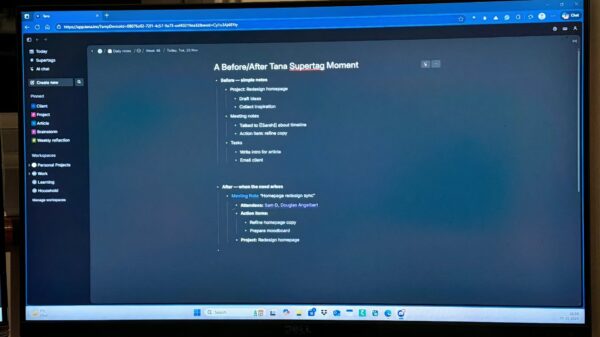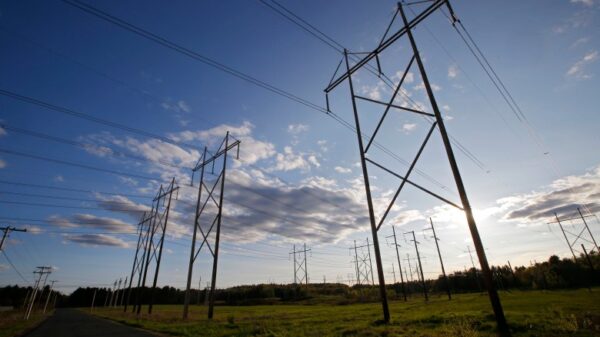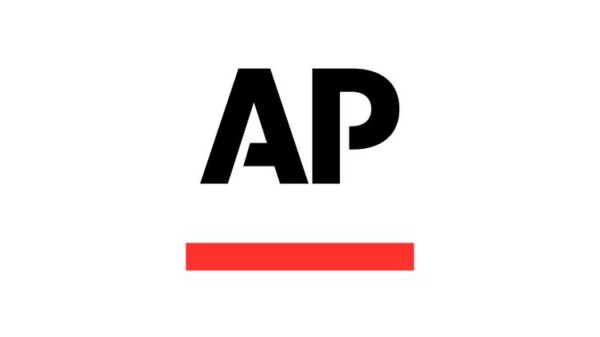The U.S. Supreme Court granted a temporary stay on funding for the Supplemental Nutrition Assistance Program (SNAP), affecting nearly 42 million Americans who rely on this vital food aid. Justice Ketanji Brown Jackson issued the order late on March 15, 2024, allowing the federal government to withhold $4 billion in SNAP benefits while an ongoing legal battle unfolds.
The stay followed a rapid appeal by the Trump administration after a lower court ruling mandated the government to utilize emergency funds to continue SNAP payments during the current government shutdown. U.S. District Judge John McConnell had earlier criticized the administration for noncompliance with a previous order requiring at least partial disbursements. He pointed out that this situation was exacerbated by the Trump administration’s own statements, which suggested an intention to disregard multiple court directives aimed at ensuring low-income families receive necessary aid.
The appeals court now has 48 hours to respond to the administration’s request to overturn Judge McConnell’s ruling. Jackson’s temporary stay does not address the legality of the government’s actions, leaving SNAP beneficiaries uncertain about their future support. This funding lapse marks a historic first, as SNAP has never before ceased payments in its 61-year existence.
While the Trump administration claims it cannot use emergency funds due to the shutdown, previous administrations have navigated similar challenges without halting critical services. Federal judges have criticized the current government for exacerbating the crisis, emphasizing the negative impact on vulnerable populations.
As the legal developments continue, food banks across the nation are facing unprecedented demands. Many have reported long lines and shortages of supplies, as they struggle to meet the rising needs of families left without SNAP assistance. Approximately 39 percent of SNAP beneficiaries are children, heightening the urgency of this situation.
The impacts of these funding decisions extend far beyond legal ramifications. Families who depend on SNAP are now grappling with the harsh realities of food insecurity, which has surged amid escalating demands on food aid resources. The outcome of this legal dispute will ultimately shape the landscape of food assistance in the United States and determine how millions of individuals can access essential nutrition during this critical time.






































































